Cancer discovery news
Our researchers are making the discoveries that defeat cancer. Read the latest findings from our world-leading research.
Visit our main news hub to read about news on new funding, our fundraising activities and much more. If you want to keep updated on our news, you can follow us on social media or sign up for our Search newsletter.
If you’re a journalist and want to find out more, you can contact our media relations team.
-and-actin-(green)-julia-sero-the-icr-2011.jpg?sfvrsn=14c02140_2)
Stress and adverse life events unlikely to cause breast cancer, major study finds
Day-to-day psychological stress and adverse life events are unlikely to increase a woman’s risk of developing breast cancer, according to a major new prospective study.
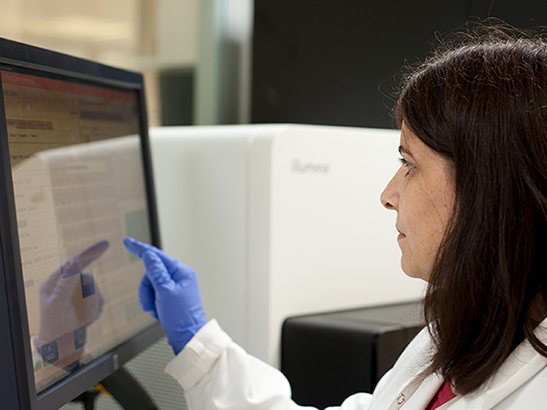
Simplifying access to gene testing for women with ovarian cancer improves treatment choices and could save lives
A new streamlined approach to genetic testing for women with ovarian cancer provides testing rapidly and affordably, allowing many more patients to benefit from personalised cancer management and their relatives to benefit from cancer prevention strategies.
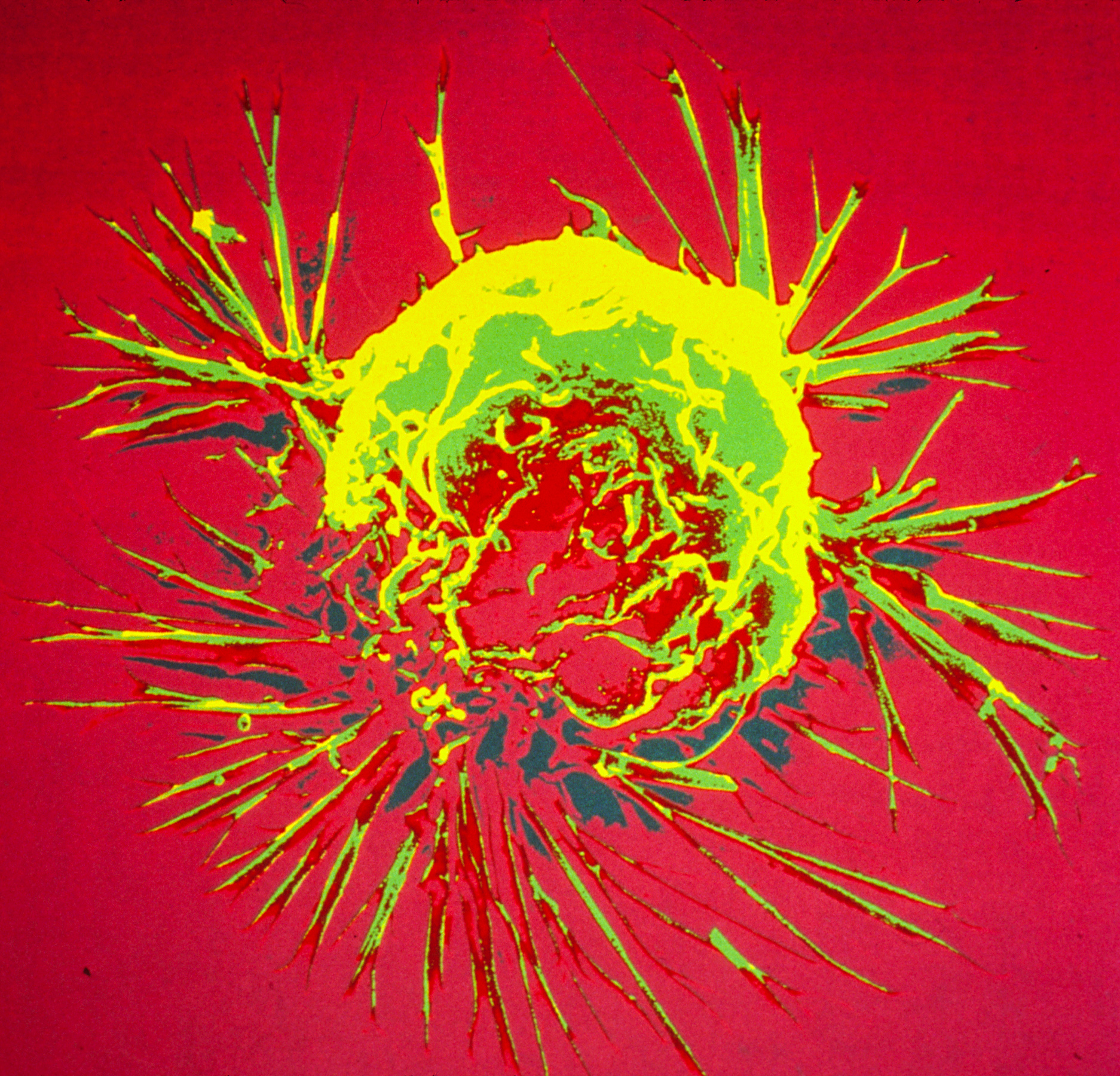
New test predicts breast cancer spread faster and more accurately than NHS test
A new test could predict the risk of a woman’s breast cancer spreading within 10 years of diagnosis more accurately than the current NICE-approved test, Oncotype DX, scientists have found.
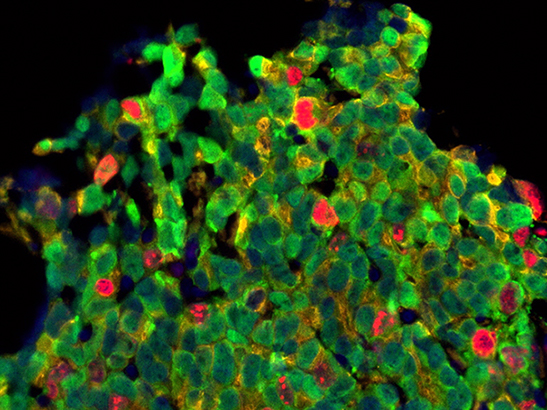
Genetic testing can help deliver precision medicine to men with advanced prostate cancer
Genetic testing in men with advanced prostate cancer could pick up a significant proportion whose disease may be caused by inherited mutations in genes involved in repairing DNA damage, a major new study reveals.
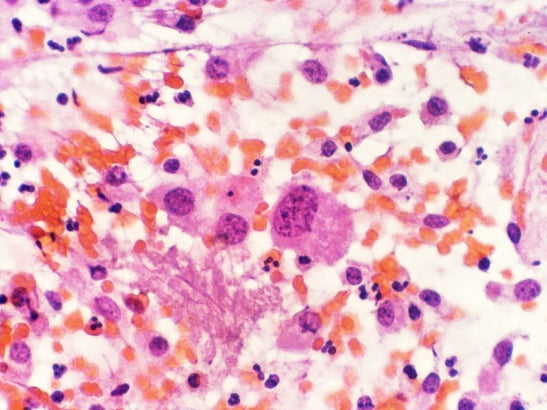
New genetic findings help explain inherited predisposition to myeloma
Researchers have identified eight new genetic variations in the human genome that could be linked to an increased risk of developing myeloma.

Leukaemia drug shows potential for rarer type of ovarian cancer
A drug already approved for leukaemia patients could also be used to treat a specific type of ovarian cancer, according to new research.

Using ultrasound to navigate the path of cancer treatment
Sound waves that the human ear can’t detect help animals create a picture of unfamiliar environments. Now, researchers believe sound waves could be a surprising way of helping us select the best cancer therapy for an individual.
.jpg?sfvrsn=bf30a90e_2)
Landmark study gives clearest picture of genetic causes of bowel cancer
A landmark study has given the most detailed picture yet of the genetics of bowel cancer — the UK's fourth most common cancer.

New radiotherapy regime for prostate cancer could save NHS tens of millions per year
A shorter course of prostate cancer radiotherapy, involving fewer hospital visits and higher individual doses of radiotherapy, is as effective as the current standard treatment for both survival and quality of life, a major new study reports.

UK first: microscope uses tractor beams to peer inside cells
The Institute of Cancer Research, London, will be the first research organisation in the UK to receive a new type of high-tech microscope, allowing scientists to view dynamic cellular processes in real time. Liz Burtally finds out how this powerful machine will help researchers to design a new generation of drugs that target cell division.

Whole-body scans could track cancer in patients’ skeletons
Magnetic resonance imaging (MRI) could monitor aggressive cancer that has spread to the bone anywhere in the body, a new study reveals.
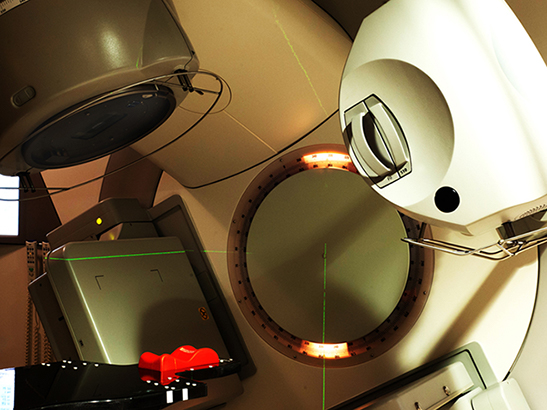
Targeted radiotherapy for head and neck cancer could reduce the risk of dry mouth
Changing the intensity of radiotherapy to protect the salivary glands could help treat a rare type of head and neck cancer and improve patients’ day-to-day lives, a new study shows.